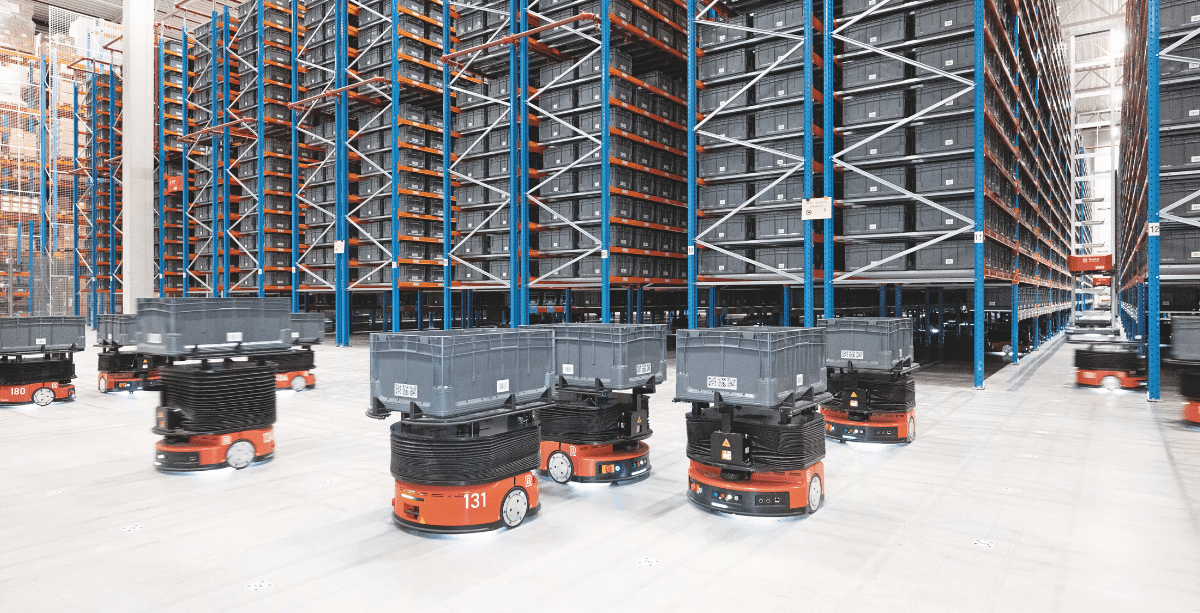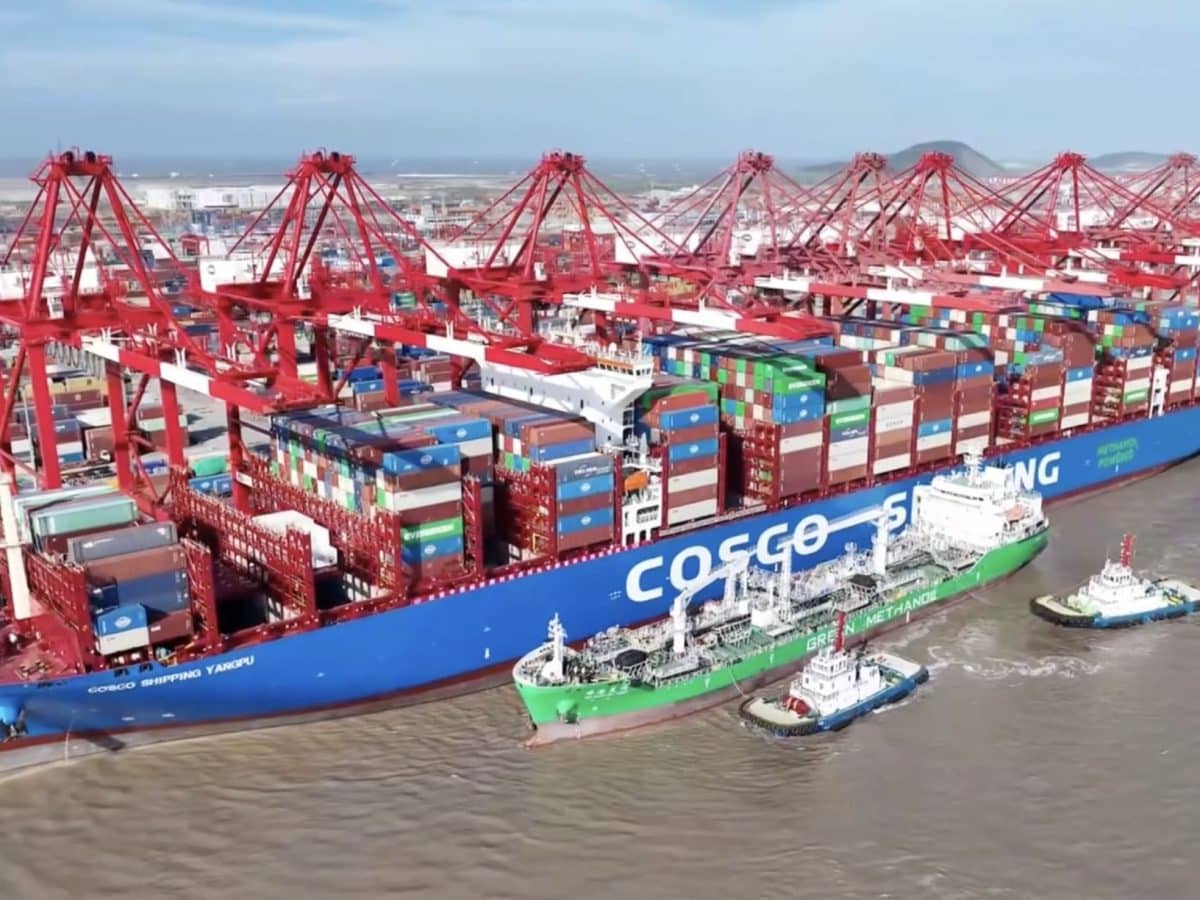Partner content: As retail and e-commerce operations race to keep pace with rising customer expectations, automation has shifted from a futuristic option to an essential pillar of modern logistics. According to Mithun Perinchery, Head of Sales for the Middle East, Turkey and Africa at Dematic, today’s retailers face unprecedented operational complexity, and only advanced, integrated automation can solve it.
“Evolving customer expectations are fundamentally transforming the retail and e-commerce supply chain,” he explains. “Today’s consumers demand instant product availability, rapid and accurate delivery, affordability, and hassle-free returns across both physical and digital channels.”

Automation has become imperative
In a world where fast, seamless service is expected, logistics has become a critical competitive differentiator. “Automation has become a strategic imperative for modern retail supply chains due to the rapidly evolving expectations of today’s consumers and the increasing complexity of fulfilment operations,” Perinchery says.
Retailers must now manage broader assortments, respond to seasonal spikes, and deliver efficiently despite space constraints and labour shortages. “Customers now demand fast, accurate, and affordable delivery across multiple channels—whether shopping in-store or online—and they expect seamless returns,” he adds. “Meeting these expectations consistently requires a level of speed, precision, and flexibility that manual processes alone can no longer provide.”
The cost of failing to modernise is high. “Retailers are also facing significant operational challenges, including labour shortages, rising costs, and limited warehouse space, especially in urban areas where proximity to customers is essential for fast delivery,” he notes.
As a result, leading retailers are turning to technologies such as Dematic’s Multishuttle, AutoStore, and Autonomous Mobile Robots (AMRs). “Goods-to-Person technologies are enabling businesses to dramatically increase productivity, accuracy, and storage density while reducing labour dependency and operational costs.”
Real-world results
Dematic’s automation solutions are already transforming fulfilment operations globally across retail and e-commerce.
One example is the premium apparel brand AS Colour in New Zealand. “AS Colour implemented our system and saw a 344% increase in throughput per worker, along with improvements in accuracy and energy efficiency.” According to AS Colour’s Managing Director Lawrence Railton, “The Multishuttle GTP system has been a game changer for our business, and we’ve seen a big increase in sales in New Zealand as a result of having it in place because our customers see how fast and accurately we get their orders to them.”
Dematic also deployed AutoStore for Benetton Group in Italy. “The system uses mobile robots to retrieve items from a dense grid of bins, significantly reducing the need for manual travel and increasing picking efficiency.”
Another major success story is Radial Europe, which services brands like Calvin Klein, Tommy Hilfiger, and Gymshark. “Radial deployed an innovative Dematic Bin-to-Picker AMR system consisting of 300 robots delivering products automatically to pickers,” he says. “This solution quadrupled picking speeds and improved accuracy, all within a reduced warehouse footprint.”
The AI and digital twin revolution
Beyond robotics, Dematic is now integrating advanced technology to create predictive, adaptive systems. “At the core of all these technologies is Dematic’s intelligent software platform, which includes our Warehouse Execution System and Warehouse Control System. These systems provide real-time visibility, traceability, and seamless integration with our clients’ enterprise software.”
One of the most groundbreaking advances is the use of digital twins. “A digital twin is a virtual replica of a warehouse that uses the same software as the physical environment,” Perinchery explains. “This allows businesses to simulate order flows, test new strategies, and predict potential issues before they occur.”
The real power emerges when these simulations are combined with AI, “For example, it might identify that a specific order cycle is about to fail before an order has even hit the floor, recommending a solution in advance.” And this isn’t theoretical. “The technology already exists and is being explored in real-world settings,” Perinchery adds. “It has the potential to fundamentally change how businesses plan and operate, reducing risk and increasing adaptability.”
As retailers face rising customer demands, cost pressures, and logistical complexity, Dematic is helping them shift from reactive to proactive supply chain operations. Perinchery puts it simply: “Ultimately, automation is no longer optional, it’s a strategic necessity for retailers aiming to thrive in a fast-paced, customer-centric market.”







Anonymous
Lorem ipsum dolor sit amet, consectetur adipisicing elit. Minima incidunt voluptates nemo, dolor optio quia architecto quis delectus perspiciatis. Nobis atque id hic neque possimus voluptatum voluptatibus tenetur, perspiciatis consequuntur.